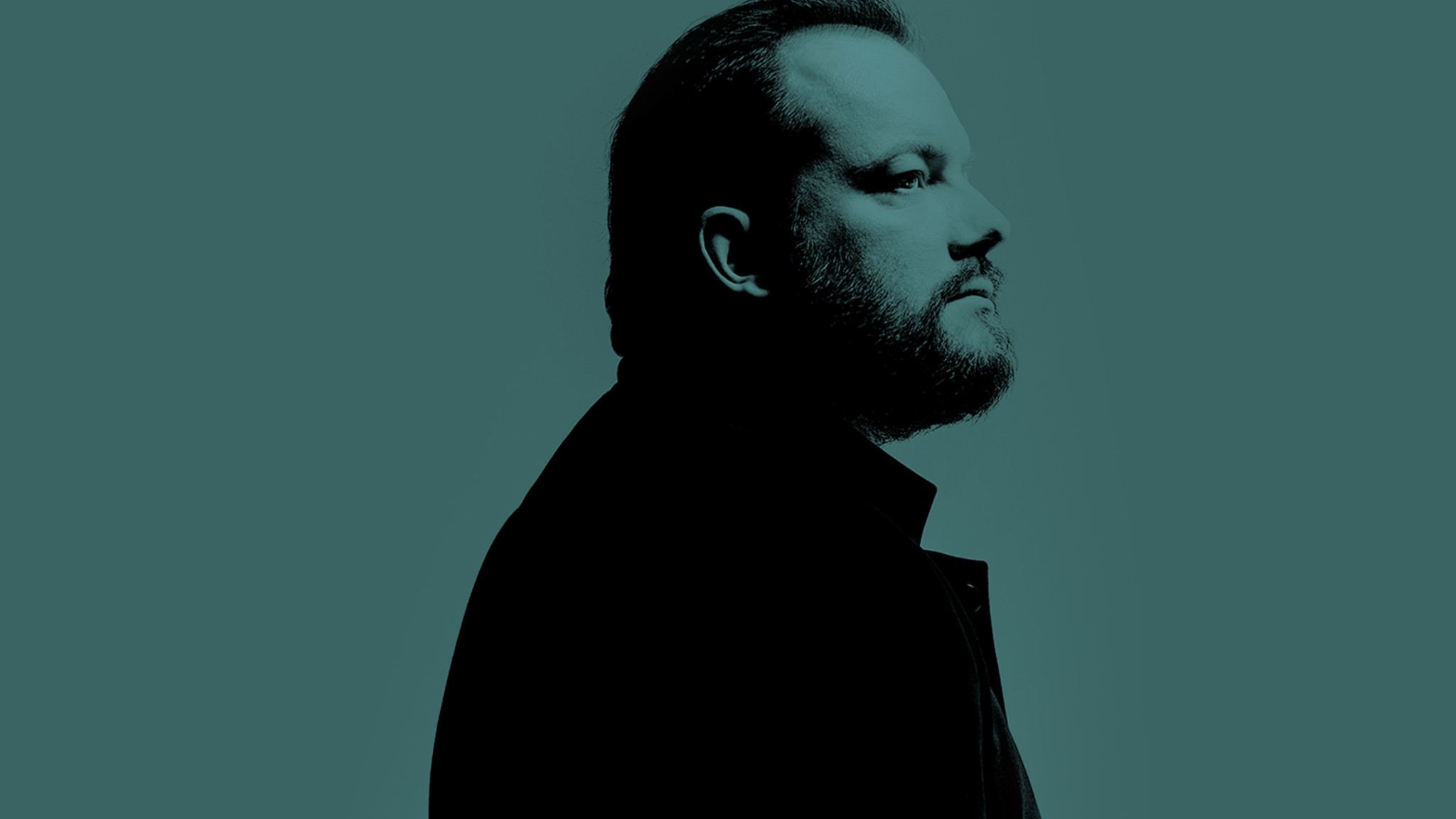Andris Nelsons continues his Shostakovich cycle with Symphonies Nos. 1, 14 & 15 and Chamber Symphony in C Minor

Andris Nelsons and the Boston Symphony Orchestra continue their Grammy-winning Shostakovich cycle with recordings of Symphonies 1, 14 & 14 and the Chamber Symphony in C Minor. In this latest installment, Andris Nelsons and the Boston Symphony Orchestra bookend the composer’s brilliant, often turbulent symphonic career.
Nearly half a century lies between Shostakovich’s triumphant debut with the First, premiered before his 20th birthday, and the Fifteenth, an inventory of influences written under the shadow of his own mortality. Penned just two years earlier, the Fourteenth is a symphonic song cycle, and the Chamber Symphony is a skillful adaptation of that tragic masterpiece, the Eighth String Quartet.
Three Grammy Awards and a mountain of rave reviews stand behind Andris Nelsons’ ongoing cycle of the fifteen symphonies of Dmitri Shostakovich. The conductor’s run of visionary interpretations with the Boston Symphony Orchestra, recorded live by Deutsche Grammophon, is set to continue with the release of a double-disc album of the Russian composer’s Symphonies Nos. 1, 14 & 15. The new recording connects with both the swaggering energy of youth and the profound reflections of a composer nearing the end of his life. It also includes a searing account of the tragic Chamber Symphony.
Since the Latvian conductor’s appointment as the orchestra’s Music Director in 2014, Maestro Nelsons and the BSO have continued to develop and share their deepened understanding of Shostakovich’s music. Their recording of the composer’s Tenth Symphony, released the following year, was greeted by Gramophone as “the most electrifying … we’ve had in half a century”. It established a Grammy Award-winning benchmark for the complete cycle. Three subsequent double-disc albums have confirmed the special qualities of Nelson’s remarkable Shostakovich performances and attracted a new audience to the composer’s symphonies.
The cycle’s latest addition was recorded live during performances given at Boston’s Symphony Hall between November 2018 and January 2020. Latvian soprano Kristīne Opolais and Ukrainian bass Alexander Tsymbalyuk joined the BSO and its conductor as soloists in Shostakovich’s Fourteenth Symphony.
“Our latest recording spans a creative lifetime,” comments Andris Nelsons. “Shostakovich was in his teens and making his way as a student at the Leningrad Conservatory when he began sketching the First Symphony. It echoes the spirit of optimism of the new Soviet society. But there’s also a manic tension in the music, perhaps a reflection of the energy-sapping work Shostakovich did to earn money accompanying silent films at the piano.”
Almost half a century separates Shostakovich’s First Symphony from his final two essays in the genre. The Fourteenth and Fifteenth Symphonies were written after the suffering and uncertainty of the Stalin years, the brutal war against the Nazis, and decades of dealing with cynical Soviet censorship and dispiriting bureaucracy. Above all they capture Shostakovich’s fear of death and grappling with life’s big questions. “Something universal comes out of his particular experience of anxiety, illness and loss,” observes Nelsons. “Shostakovich was not an egotist, he wasn’t egocentric. But after Stalin’s death in 1953 his music becomes more about Shostakovich himself.”
By the late 1960s, Shostakovich had survived the official condemnation of his opera Lady Macbeth of the Mtsensk District, Stalin’s purges and Great Terror, the Nazi siege of Leningrad and post-war denunciation by the Soviet régime. He broke with convention to build his Fourteenth Symphony from eleven verse texts by, among others, Lorca, Apollinaire and Rilke, creating a score that explores death and the complex emotions it triggers. The Fifteenth Symphony, completed in 1971, was written from the perspective of a composer who had already survived a heart attack and was suffering problems related to a form of polio. Like its predecessor, it subverted the traditional form of the symphony to deliver a captivating montage of references to Shostakovich’s earlier works and music by others, including quotes from Rossini’s William Tell Overture, fragments from Wagner’s Ring cycle and Tristan und Isolde, and echoes of a popular nostalgic song by Mikhail Glinka.
Nelsons and the Boston Symphony Orchestra close their recording with the Chamber Symphony. The piece began life in 1960 as the Eighth String Quartet, which Shostakovich dedicated “To the Memory of Victims of Fascism and War”. It was subsequently arranged for chamber orchestra with supreme sensitivity by the violist and conductor Rudolf Barshai, who became close to the composer in his later years and conducted the premiere of his Fourteenth Symphony in 1969.
Live audiences will once again be able to experience the compelling partnership of Andris Nelsons and the BSO when the Tanglewood Festival returns this summer (9 July – 16 August 2021). Their run of six appearances includes an all-Beethoven programme for the festival’s opening concert, with Emanuel Ax as soloist in the “Emperor” Concerto; Sibelius’s Violin Concerto with Baiba Skride; and Brahms’s First Piano Concerto with Daniil Trifonov.
This album is set to be released 25 June 2021 and available for pre-order now. Listen to the first pre-release track Shostakovich: Symphony No. 15, III. Allegretto now!





